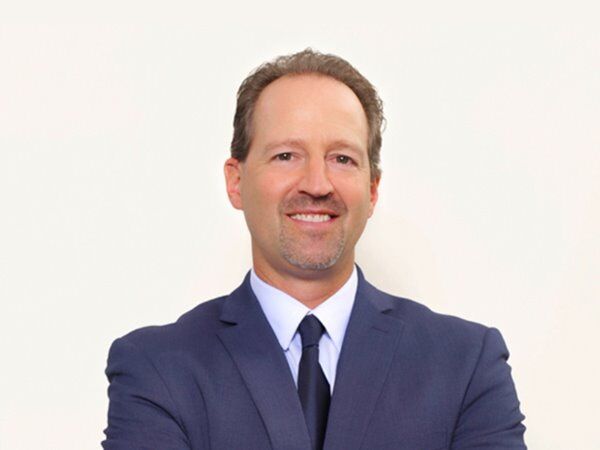Coalition calls for taxes on billionaires to solve state deficit
Regional News

Audio By Carbonatix
4:17 PM on Wednesday, October 29
Christina Lengyel
(The Center Square) - A coalition of lawmakers from both chambers of the Pennsylvania General Assembly joined activists at the Capitol Wednesday to demand billionaires pay more taxes.
With the slogan, “Tax billionaires, fund PA,” the group spoke in support of a package of bills that would generate more revenue for the state by closing loopholes and eliminating tax breaks for corporations and the rich.
“The scales in Pennsylvania are broken,” said Sen. Nikil Saval, D-Philadelphia. “While billionaires go unimpeded and score record profits, working people are forced to subsidize their wealth and bear the brunt of budget shortfalls.”
Among those supporting reform were representatives from the Service Employees International Union and coalition Pennsylvanians for Accountability from Yass, Billionaires, and Corporations or PAYBAC.
Jeff Yass is Pennsylvania’s richest person with a net worth of $65.7 billion at the time of this writing, according to Forbes. The businessman is a major contributor to conservative political causes and has frequently been compared to figures like the Koch brothers and George Soros who are known for wielding their considerable fortunes in the service of politics.
His critics in the capital say wealthy residents like him have done so while avoiding paying taxes on unearned income like stock, trusts and real estate that would go toward the state’s infrastructure, health care, and education systems.
Rep. Rick Krajewski, D-Philadelphia, circulated a co-sponsorship memo introducing legislation that would increase the tax on passive income like that which makes up the bulk of many millionaires’ and billionaires’ portfolios. He maintains that amending the code will generate billions in annual revenue for the state.
“People who earn money without working are very lucky, and in this time of need, it’s only fair that they pay more,” said Rep. Chris Rabb, D-Philadelphia. “Let’s be honest. You don’t really earn a billion dollars. You take it.”
Rick Heinze from the Center for Coalfield Justice recalled a time in American history when taxing the rich seemed to be the norm. He referred to the 91% marginal tax rate levied on the country’s richest in the 1950s. That’s compared to today’s 37%.
Some historians say, however, that tax breaks, deductions and loopholes were as much a part of life in the 50s as they are today. Once these were factored in, the rich paid an average of about 42% in income taxes, according to the Tax Foundation.
Other bills discussed during the rally center around what lawmakers call “commonsense” ideas, closing loopholes that make Pennsylvania particularly profitable for corporations who are not obliged to pay back into the community.
One such bill is Philadelphia Rep. Elizabeth Fiedler’s proposal to tax revenue from digital advertisements that earn money from Pennsylvania consumers without ever establishing a presence in the state. The legislation would garner the state 5% in the form of a gross receipts tax.
“If a tech company wants to make millions off the backs of Pennsylvania consumers, they would have to contribute to our common funds like we do,” said Fiedler.
Since instituting a similar tax, Maryland has raised over $170 million. Currently, they’re the only state to have done so, and challenges from Internet giants including Meta, Google, and Apple have the state on the defensive even as others consider similar measures.
In court, companies have fought for the right to tell consumers about the tax as they pass the higher price onto consumers.
Another bill in the package would close corporate loopholes including the notorious “Delaware loophole” by instituting “worldwide combined reporting.” This would ensure corporations with locations in multiple states pay tax in Pennsylvania rather than lumping their income together in states like Delaware where tax isn’t charged.
“Combined reporting doesn't raise taxes — it raises accountability,” said Sen. Katie Muth, D-Royersford. “It levels the playing field for small businesses that already play by the rules, and it ensures that the biggest corporations, the ones benefiting the most from our Workforce and our infrastructure, finally pay their fair share.”







